CAFCE will periodically publish updates for the MIT community on CAFCE’s current focus. Note: Staff to CAFCE do not vote on or endorse statements made by the committee.
December 2024 – CAFCE Statement on “On Pacifism” and Free Expression
We have received questions regarding the essay “On Pacifism,” published by the MIT student publication Written Revolution in October 2024, and would like to outline CAFCE’s views on free expression in this context.
Freedom of Expression at MIT
The First Amendment of the U.S. Constitution protects freedom of expression from government interference or censorship, including speech that may be unpopular, offensive, or morally abhorrent. Certain forms of speech, such as harassment, defamation, fraud, and incitement of violence, are not protected by the First Amendment.
The MIT Statement on Freedom of Expression and Academic Freedom states: “With a tradition of celebrating provocative thinking, controversial views, and nonconformity, MIT unequivocally endorses the principles of freedom of expression and academic freedom.” However, as a private institution, MIT has the legal right to apply further internal policies that align with its mission and values—even when they have the effect of limiting some forms of expression. Not all speech protected by the First Amendment is permitted by MIT. MIT can take action against speech or conduct that MIT determines is harmful to community values or creates a hostile environment.
Read more about the principles and governance of free expression at MIT at: https://free-expression.mit.edu.
Context and Intent Matter
The context of speech is crucial in determining its impact within our community. Scholarly discussions of violent resistance movements in a classroom setting differ in purpose from advocating the use of violence as a vehicle of change within a community. This may apply to words, images, and their combined message. For example, a history textbook that includes imagery of Ku Klux Klan rallies may serve the purpose of examining racism in an academic context, while a blog post using the same imagery alongside language promoting white supremacy changes the purpose and meaning of the images.
Use of the MIT Name and Affiliation
Publications associated with MIT are held to a stricter standard than independent writing by MIT-affiliated individuals. Publications by MIT-recognized student organizations fall within these stricter standards. MIT policy prohibits using the Institute’s name, logo, or affiliation in ways that may imply endorsement of content contrary to its values. Specifically, the “Mind and Hand” policy (p. 66) states:
“The Institute’s name must not be used in ways that suggest or imply the endorsement of other organizations, their products, or their services.”
Implications for the Case of “On Pacifism”
Regarding “On Pacifism,” CAFCE believes that it is not permissible for an MIT-recognized student organization to publish imagery linked to groups currently designated as terrorist organizations by the U.S. State Department in an MIT-affiliated publication in the context of advocacy.
September 2024 – Free Expression at MIT website
We have spent the summer working on a website to help our community understand what freedom of expression means at MIT.
May 2024 – CAFCE Statement on Freedom of Expression, Civil Disobedience, and the Encampment
In recent days, we have seen statements defending the encampment at Kresge Oval on the grounds of free speech and academic freedom. We as the ad hoc Committee on Academic Freedom and Campus Expression (CAFCE) all agree that while freedom of expression protects the ability of community members to express their views about the current situation in the Middle East, it does not protect the continued use of a shared Institute resource in violation of long-established rules.
Like everyone in our community, we hope the current situation can be resolved without the violence and culture of intimidation that we have seen unfold in other campuses. We are heartened by the fact that the encampment has stayed within the bounds of nonviolent civil disobedience. We recognize and respect that civil disobedience is a practice that some may choose as a means of protesting policies and actions that they believe to be unjust. However, a willingness to face disciplinary measures in defense of one’s views is a defining feature of civil disobedience. We believe it is important to uphold the rules and norms that exist to ensure fair access to shared resources and to promote civil dialogue across diverse viewpoints within our campus.
